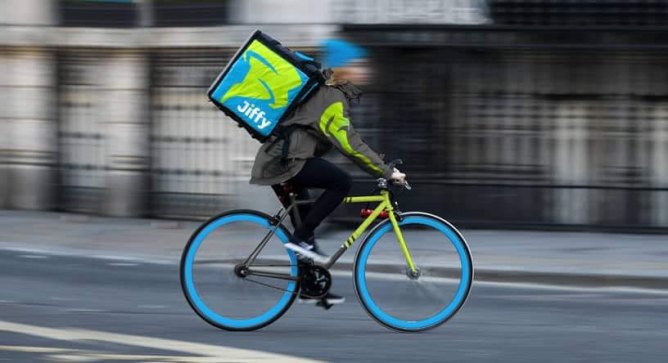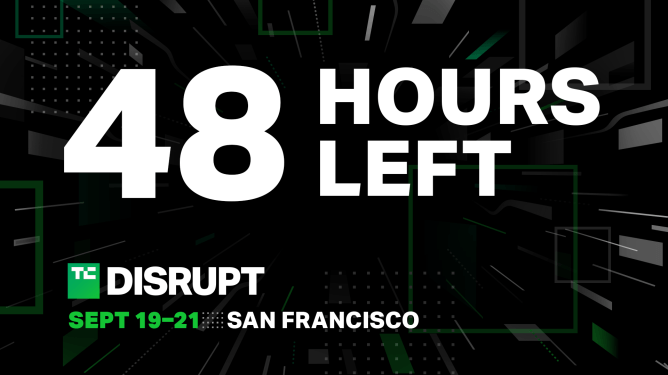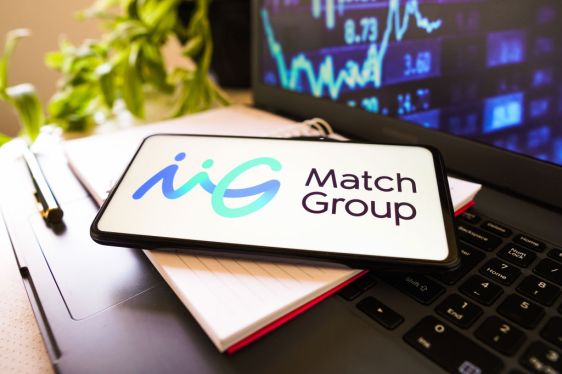
The article discusses the struggles of food and grocery delivery companies, also known as "instant delivery" startups, in the current market environment. These companies have faced significant challenges, including high operating costs, intense competition, and thin profit margins.
Key points:
- Consolidation: The article highlights that consolidation is on the horizon for the instant delivery industry. Several major players, such as Just Eat Takeaway, DoorDash, and Uber, are acquiring smaller companies to expand their reach.
- Business model changes: To reduce losses, companies like Jokr and Buyk are introducing longer delivery times to fulfill more orders per drive. Fridge No More was exploring obtaining a liquor license and investing in private-label products before it went out of business.
- Investor perspectives: Experts believe that the market will introduce discipline into the industry, forcing companies to adapt their models or risk going out of business. Investors suggest that companies could trim losses by increasing prices, selling their own brands, or driving up order sizes with pricier items like alcohol.
Notable acquisitions:
- Just Eat Takeaway’s acquisition of Grubhub: The deal valued at $7.3 billion is a significant consolidation move in the industry.
- DoorDash’s acquisition of Caviar and Wolt: DoorDash has expanded its reach through these acquisitions, solidifying its position as a major player in the market.
Market trends:
- Growing demand for convenience: The pandemic has led to a shift in consumer behavior, with people becoming accustomed to ordering groceries online.
- Increasing focus on e-commerce and advertising plays: Investors are keeping an eye on delivery startups that have strong e-commerce and advertising strategies, as these models may prove more resilient in the current market environment.
Overall, the article suggests that the instant delivery industry is experiencing a period of significant change, with companies forced to adapt their business models or risk being left behind.






